I detest mosquitoes. I hate that itchy sensation they leave and the fact that they can carry Zika or the West Nile Virus. I also prefer not to use toxic chemical repellents like DEET. Especially when a plant-based, natural mosquito repellent gets the job done.
The good news is, planning and planting a natural mosquito repellent landscape can be fun, challenging, and a worthwhile part of homestead management. When you keep insect infestations to a minimum, both people and pets are healthier and happier.
To help keep away mosquitoes and other bothersome, disease-carrying critters, edge patios, and walkways with plants that act as a natural mosquito repellent. Not only are these plants beautiful, they will add visual interest and scent the air with delightful fragrances.
There are also a variety of oils that can keep those annoying pests at bay. Read on to learn more about natural mosquito repellents for your home and garden and effective ways to avoid bug bites, too.
Prevent Mosquitoes From Breeding
The first step in ridding the homestead of mosquitoes is to eliminate their breeding ground by preventing water from collecting and becoming stagnant.
- Clean and change the water in birdbaths, wading pools, watering troughs, and plant trays weekly.
- Clean out your rain gutters twice yearly.
- Remove obstructions to promote water flow from drainage ditches and puddles.
- Avoid overwatering your lawn.
- Cover, turn over, or remove any containers that can hold water such as toys, tarps, buckets, ceramic pots, or old tires.
Marigolds
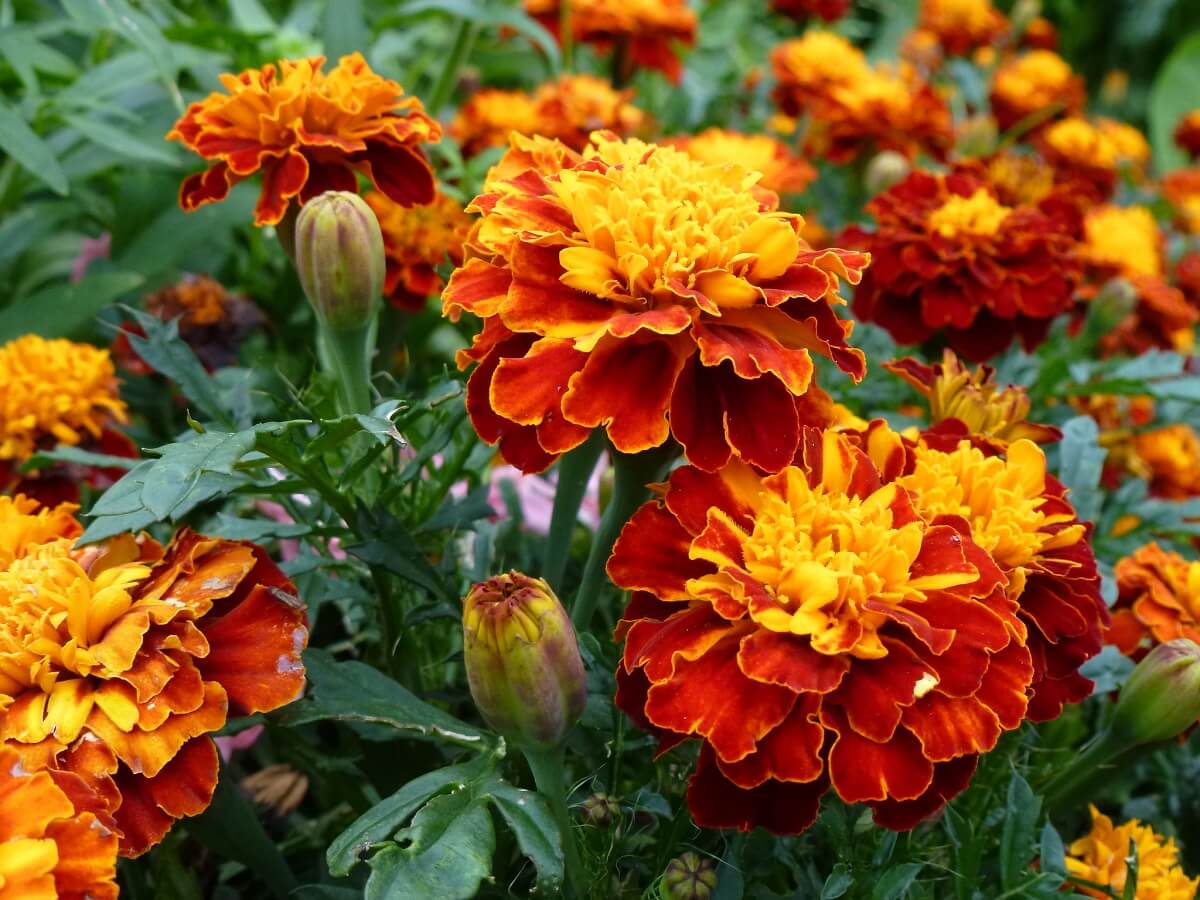
To me, marigolds are some of the summer’s finest flowers. They are incredibly easy to grow, they produce an abundance of seed (that I gather to plant in barren areas of the landscape), they are cheerful, bright, and beautiful — and they add a splash of sunshine to the scene. There are dozens of different varieties, and most importantly, they attract bees and are an effective natural repellent against mosquitos.
Related Post: 7 Effective Mosquito Repelling Plants
Marigolds also repel Mexican bean beetles, thrips, fleas, squash bugs, tomato hornworms, aphids, and whiteflies. Marigolds do best in a full sun location with moist but well-drained, nutrient-rich soil. Marigolds love manure. I have planted in areas enhanced with aged herbivore manure (goat, sheep, cow, horse, llama) and planted marigolds in the soil with no added supplements. There is a difference.
In the flower bed where I worked in horse manure (that had been aging behind the fence for years) versus the unfertilized soil, my marigolds were humongous.
Scented Geraniums
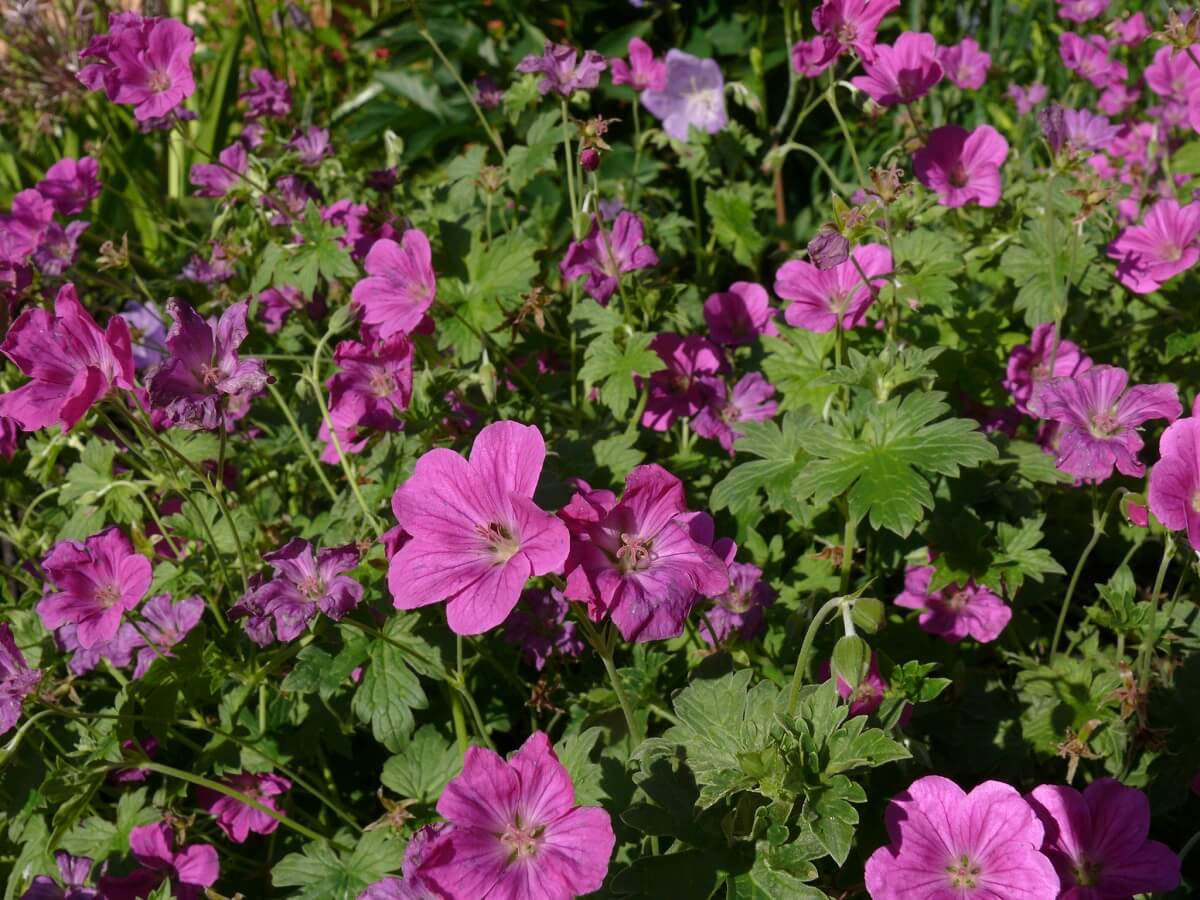
Pots, planters, and hanging baskets of scented geraniums are not only attractive around a deck, pool, or patio, they also create a beautiful barrier to mosquitoes and other insect critters. Plant marigolds, trailing geraniums, nasturtiums, rosemary, or basil commingled in a basket or container, as well as in the garden.
Plant any of the insect-deterring plants alone or with other flowers — as long as all the plants you mix have the same care requirements. Keep in mind, baskets dry out quickly. You may need to water twice daily.
Keep baskets damp, mist daily, and provide good drainage in the sun. Scented geranium baskets will also do well indoors in a sunny spot. Deadhead the flowers when they are spent and regularly prune to encourage new growth.
Allium
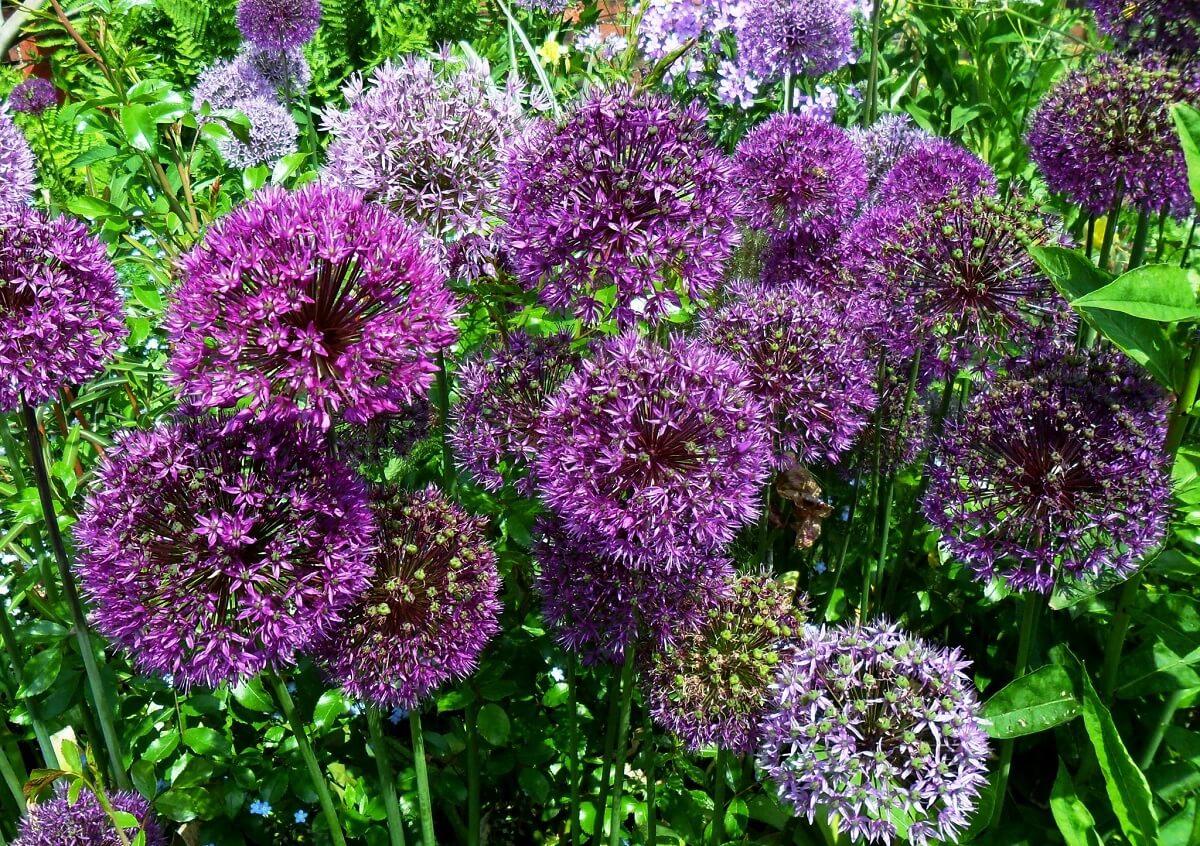
A member of the same plant family as onions and garlic, Allium releases a pungent scent that mosquitoes can’t tolerate. The plant is a lovely addition to the garden presenting pink, lavender, or deep purple globe-shaped blooms atop long, thin stems. Allium cousins, garlic and onion, are also powerful mosquito deterrents.
Cinnamon Oil
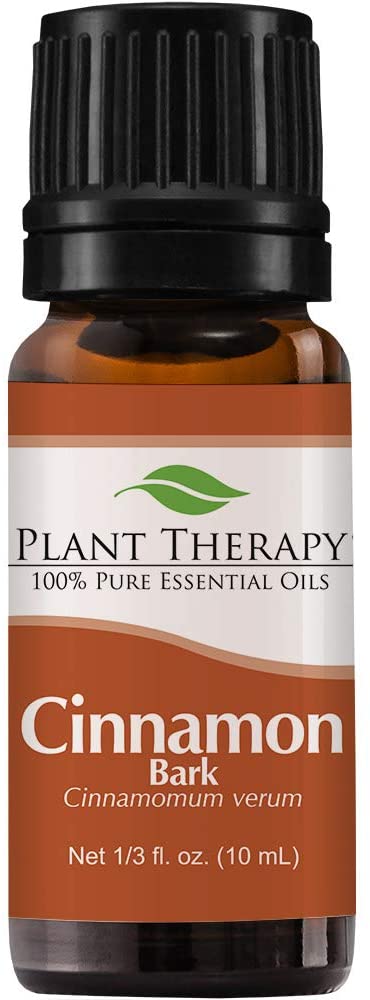
Super aromatic and tasty in all sorts of baked treats, cinnamon a good spice to have on hand, and it can work well as a natural mosquito repellent. For an in-home repellent, combine 1/4 teaspoon of cinnamon oil and 4 ounces of water in a spray bottle. Spray the solution throughout the house, on plants, and upholstered furniture. A DIY cinnamon oil bug spray is a good alternative to noxious chemicals.
Sage
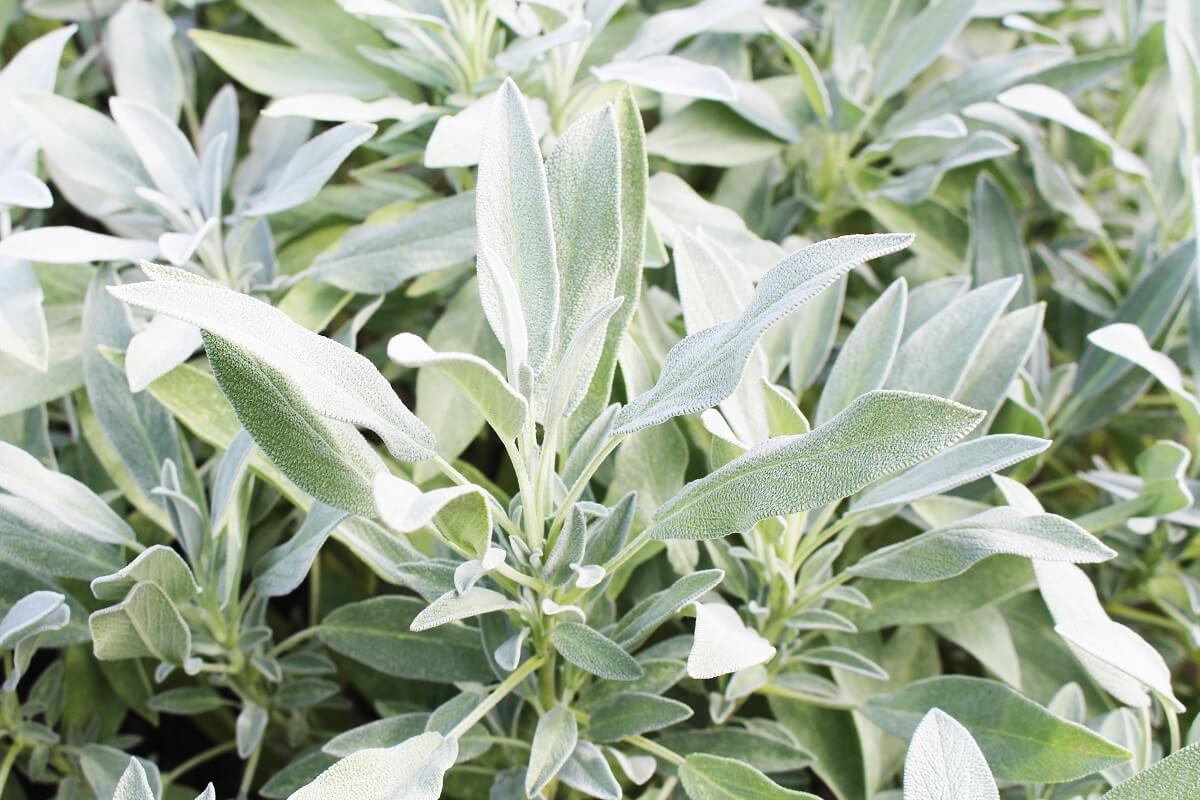
If you have sage nearby when family and friends gather around the backyard fire pit, throw a handful on the flames. You can grab a fresh bunch or dry sage in advance for this purpose.
Related Post: All About Sage
I cultivate several varieties for their culinary zing and for drying to make into smudge sticks. Sage smoke cleanses the air, keeps away mosquitoes, and has a pleasant earthy scent.
Cedar Wood & Cedar Trees
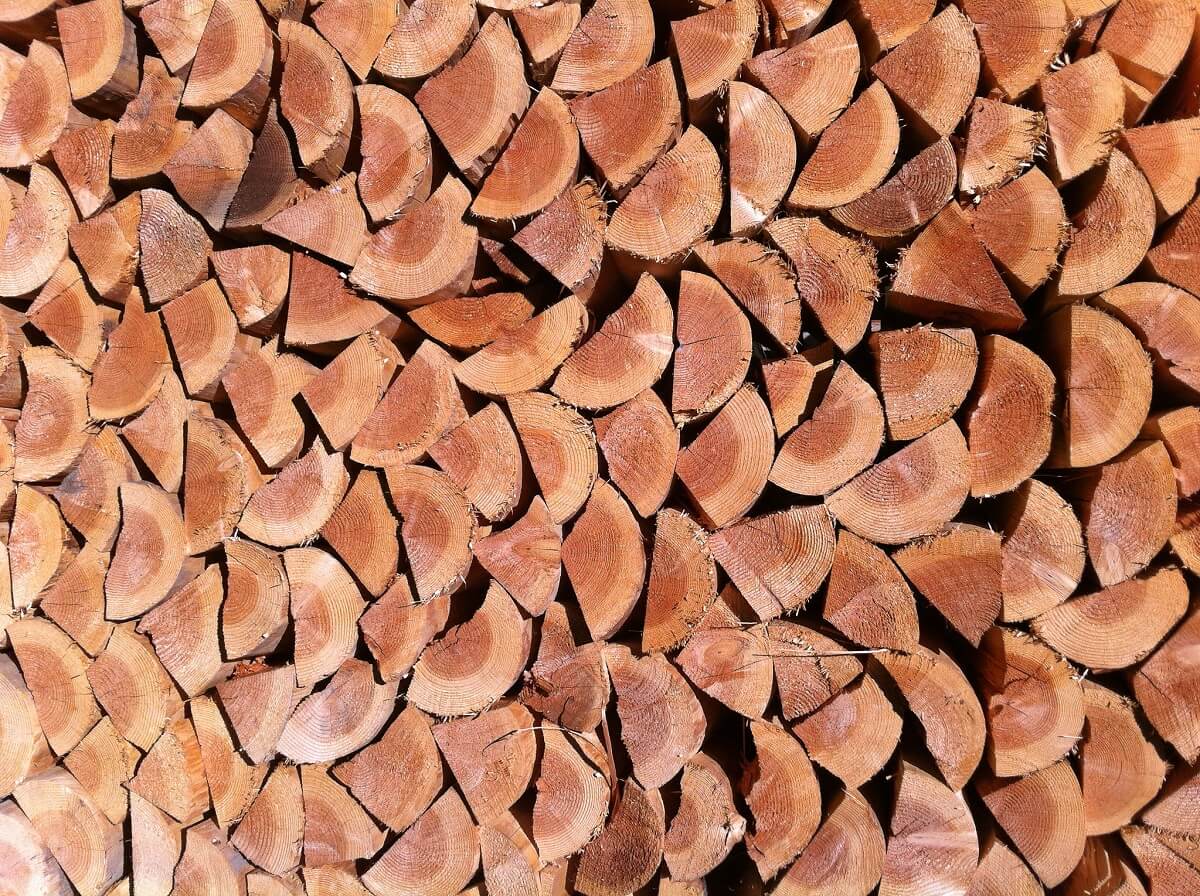
Fresh cut cedar boughs emit a warm, pungent, and very pleasant odor. When camping, place boughs under your sleeping bag as a natural mosquito repellent. Cedar is also good at deterring ticks, deer flies, spiders, gnats, and ants.
Or if bugs start to bite when walking in the woods, snip a few cedar needles, crush them in your fist, and rub on exposed skin. Flying and creeping critters will stay away.
I lovingly tuck woolen blankets and winter sweaters in my grandmother’s cedar chest to keep them free from damaging moths. Place blocks or balls of cedar in closets and cupboards to repel silverfish, moths, spiders, crickets, cockroaches, and other unwelcome insect infestations.
If you are fortunate enough to have a closet or cupboard lined with cedar, you can refresh the pungency of the fragrance by lightly sanding the wood. Your storage space will smell as fresh and clean as the day the closet was installed.
Neem Oil
You’re probably familiar with neem oil as a great pest deterrent for indoor and outdoor plants. Same goes for mosquitoes in the garden! Buy some all-natural spray and apply it as a natural mosquito repellent for your plants as needed.
Apple Cider Vinegar

Avoid mosquito bites at your next BBQ with apple cider vinegar. Mosquitos hate the smell of vinegar and will keep away from you and your plants. Check out this recipe from SPUD Edmonton for how to make a DIY ACV spray at home.
Rosemary

I love the slightly musky scent of rosemary. It’s another stellar natural mosquito repellent. Rosemary does best in a hot, dry climate. If you live in the southwestern region of the country, planting a rosemary hedge or border around your patio is a great idea.
It will keep away insect pests, and you can use it in your culinary creations. Prune rosemary to maintain its size and shape, and enjoy the herb’s heady scent for years to come. For those of us in the north, rosemary is an excellent container plant. I grow it outdoors in pots in the summer, and move the planters indoors during the winter months. Rosemary oil works well as a spray-on repellent, too.
Bee Balm
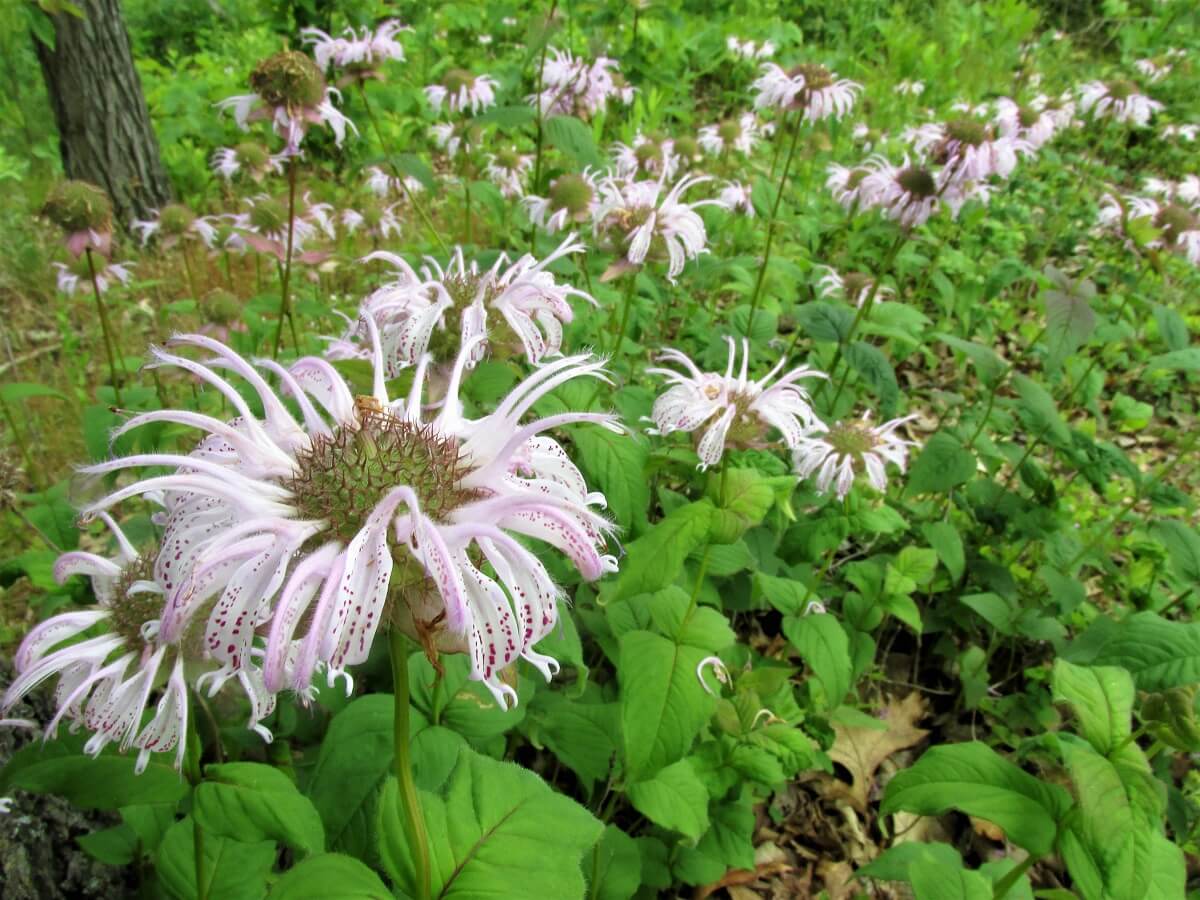
Commonly known as horsemint or bergamot, bee balm (Monarda) does a remarkable job when it comes to repelling mosquitoes. As a bonus, it is a beautiful landscape plant providing splashes of white, pink, and lavender all summer long. Bee balm repels mosquitoes as effectively as citronella grass or citronella-based products.
Citronella
Used for decades as an animal and insect repellent, citronella (known as the “mosquito plant”) is useful in repelling mosquitoes, fleas, and biting flies. You can grow it quickly in a container or use oil of citronella — an essential oil derived from dried cultivated grasses. And of course, citronella candles are a great option too.
The plant itself does not repel critters. It is the oil inside the leaves that does the trick. During the summer months, I place a large potted container of citronella by the patio door. It is positioned so one brushes up against it when coming through the door, thus releasing the oil. The scent is pleasant, but mosquitoes find it repugnant.
Citronella oil is found in a wide variety of insect repellent products including sprays, gels, lotions, towelette wipes, and candles. It does a good job repelling flies, mosquitoes, gnats, moths, and beetles.
When applied according to label instructions, citronella oil is safe and does not cause harm to humans, pets, or the planet. Similar to citronella, lemongrass oil is another bright, citrusy scent that mosquitoes hate. If you have it on hand, you can combine it in a spray bottle with some witch hazel to create a DIY mosquito spray. Or, combine lemongrass essential oil with coconut oil to create a long-lasting mosquito repellent cream.
Lemon Balm

Lemon balm, planted in pots around the patio or poolside, keeps the area clear of bothersome insect pests. I keep a pot of lemon balm on the kitchen window sill to deter irritating fruit flies and of course, those pesky mosquitoes.
Related Post: How To Get Rid Of Flies: Natural And Effective Options
It is best to plant lemon balm in containers as once established, it can become invasive. My lemon balm patch is in the herb garden and blocked off by rocks to keep it from spreading. Lemon balm likes plenty of sunshine and nutrient-rich, moist, well-drained soil.
Mint
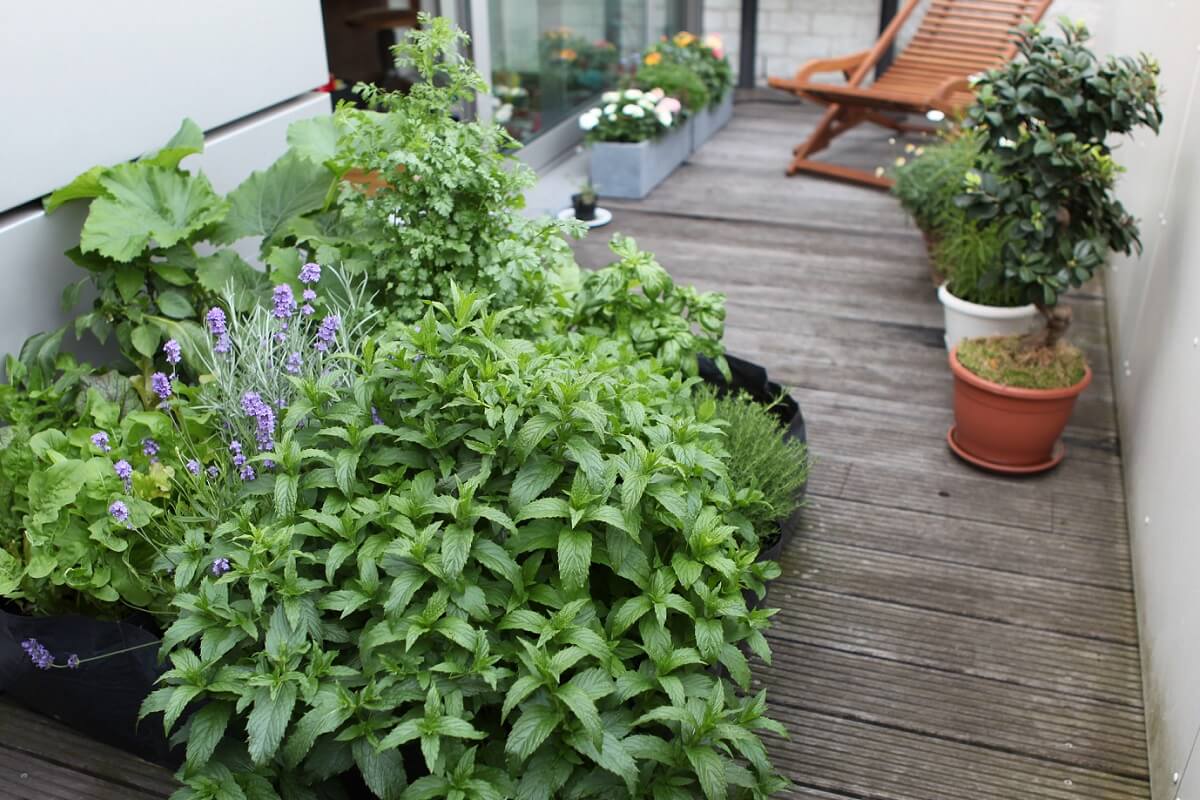
My herb garden is home to several varieties of mint. I especially like pineapple mint which is an attractive variegated variety, but also apple mint, chocolate, peppermint, spearmint, and pear. In addition to keeping insects away, fat bunches of fresh mint are big sellers at our local farmers market.
Related Post: The Many Varieties Of Mint
It smells great, and the bugs stay away. Dried mint is excellent in tea blends, and dried mint leaves sprinkled in kitchen cupboards or the corner of cabinets, will repel ants and other creepy creatures.
White Sage
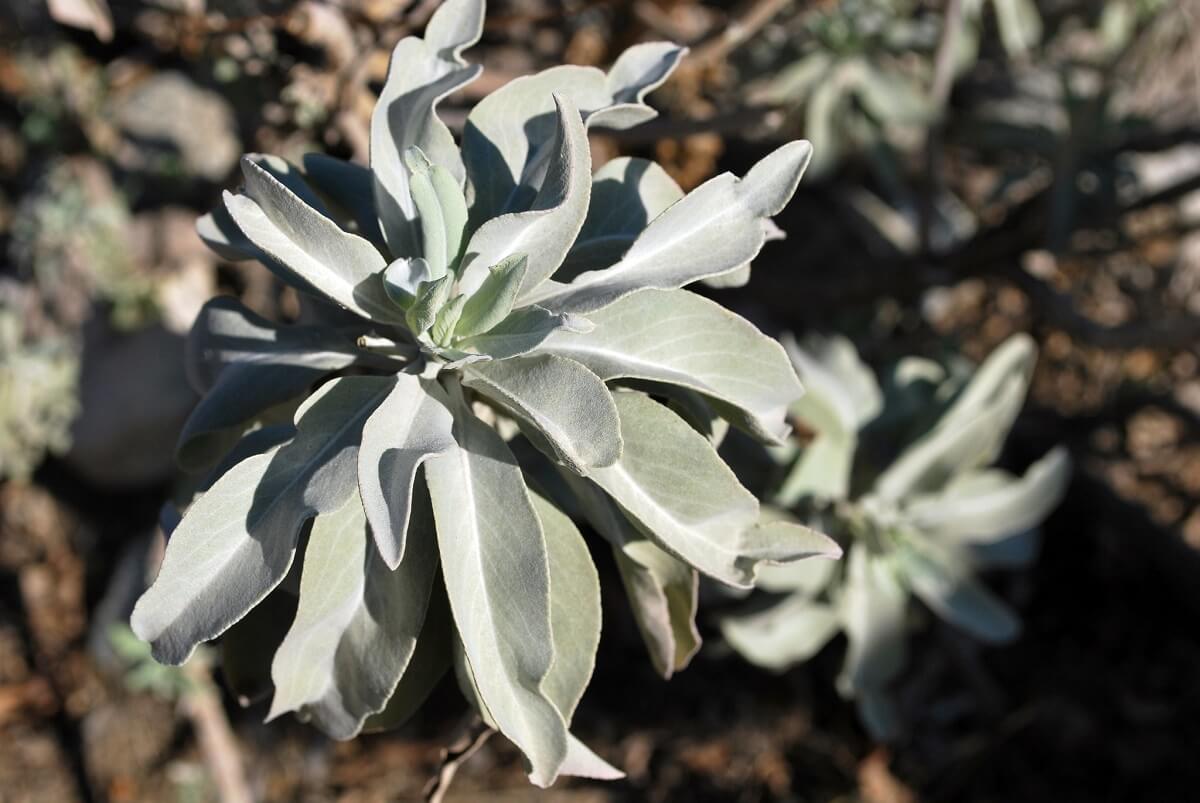
Sacred or white sage isn’t just for warding off evil spirits or bad luck. White sage also repels stinging and biting insects. Plant sacred sage around the perimeter of the garden to repel carrot fly, aphids, mosquitoes, wasps and whiteflies.
White sage also deters cabbage moths, and (as with cedar) if bugs are biting, crush a leaf, and rub it on your skin. Sacred or white sage emits a cooling fresh and somewhat camphoraceous fragrance.
Nasturtiums
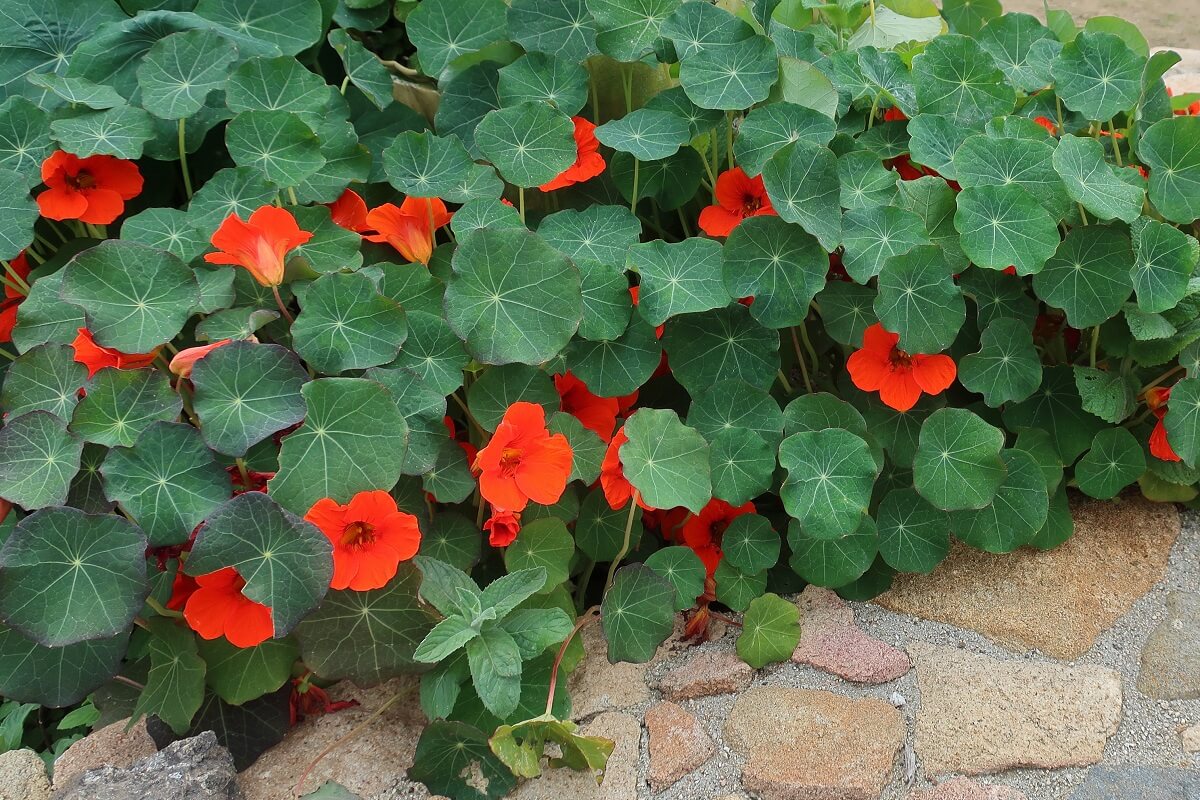
I love nasturtiums. They create a brilliant splash of color around the garden and patio, they are edible, and they repel aphids, squash bugs, cabbage loopers, mosquitoes, and whiteflies. Nasturtiums grow best in a fun sun location and like lots of moisture.
Basil
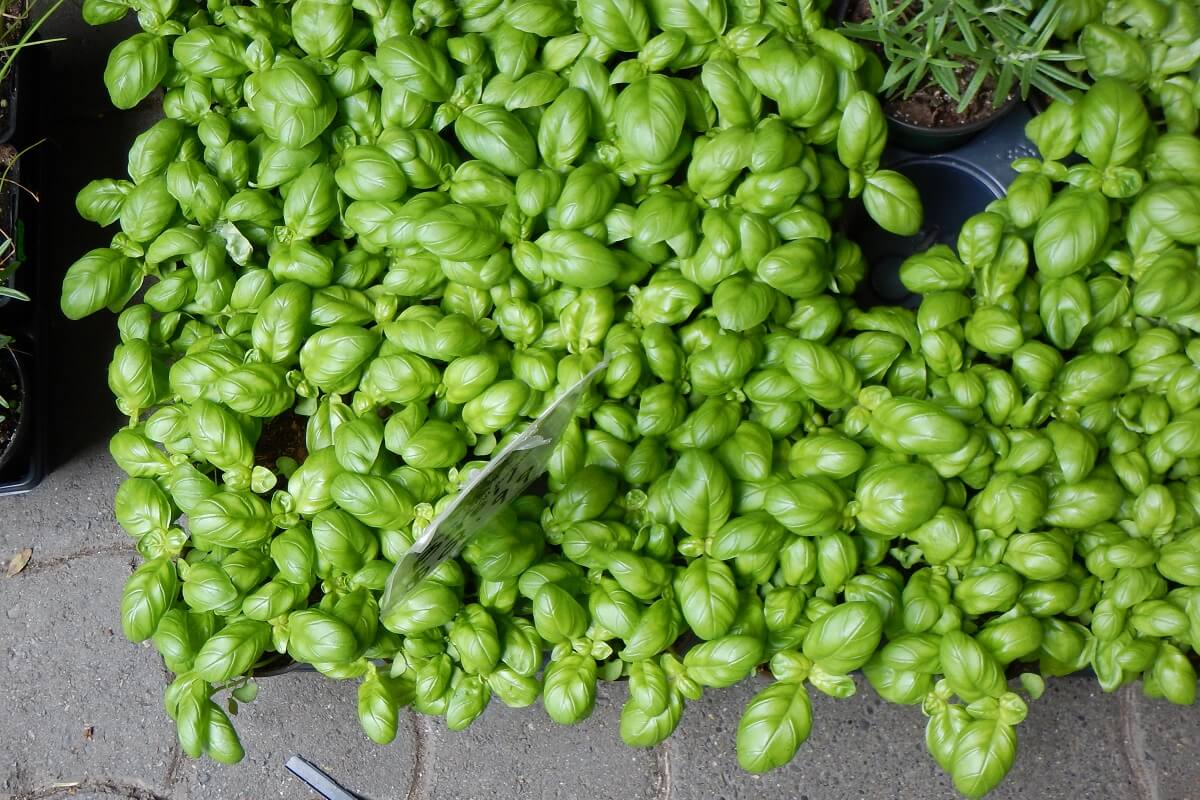
Sweet basil, a tender annual used as a culinary herb, is a highly aromatic plant with a spicy odor and flavor. If you have a passion for pasta, homemade pesto sauce is a must. Plant basil throughout the vegetable garden to repel a diverse array of insect pests, and enhance the flavor of tomatoes.
Related Post: 12 Delicious Types Of Basil To Grow In Your Garden
Basil is easy to grow, indoors or out. Planted outdoors, basil will reseed itself in warm climates and come back every year. Basil is also especially effective at keeping bugs away from roses.
Catnip
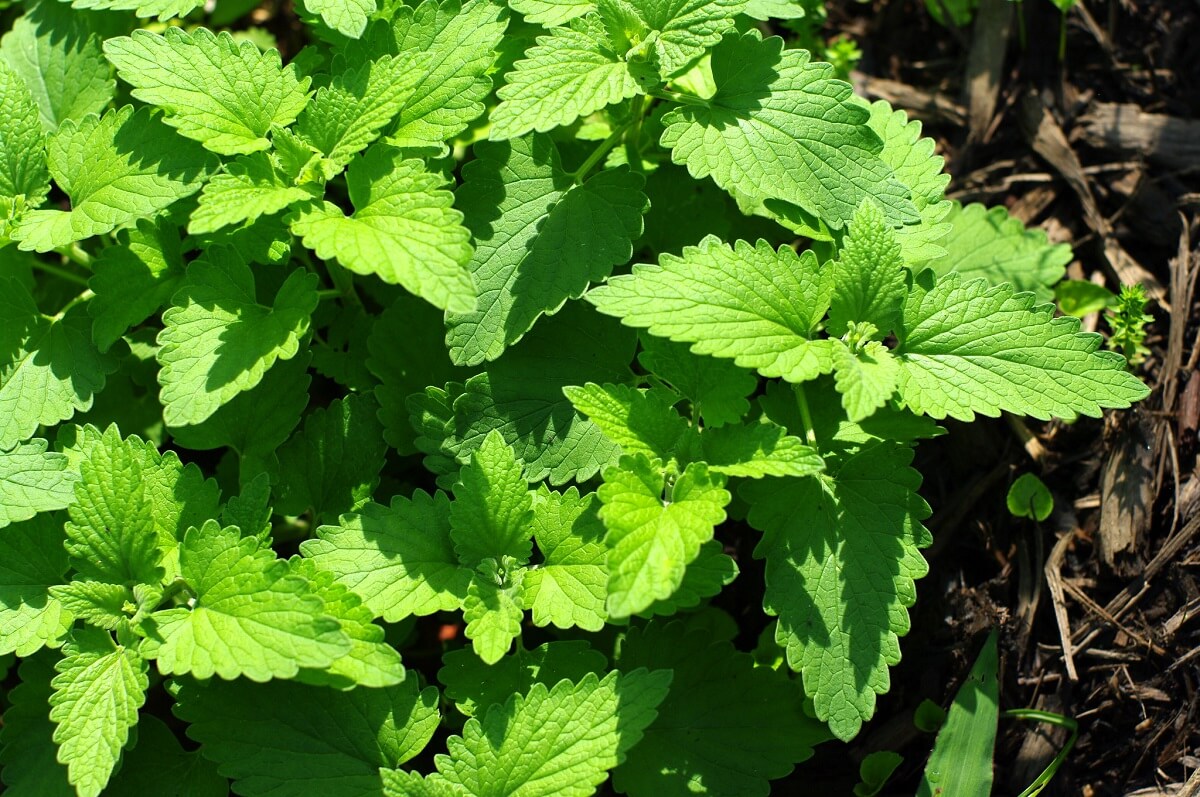
Catnip (also known as catmint) thrives in most United States Hardiness Zones. A member of the mint family, you can cultivate catnip as a commercial crop, or it can become a troublesome weed.
Like all members of the mint family, catnip spreads vigorously if not contained. Planted in pots and containers, catnip is a highly effective natural mosquito repellent. More effective than DEET.
Feverfew, floss flower, lavender, coriander, thyme, pineapple weed, and pennyroyal are similarly useful and attractive mosquito repellents.
Tea Tree Oil
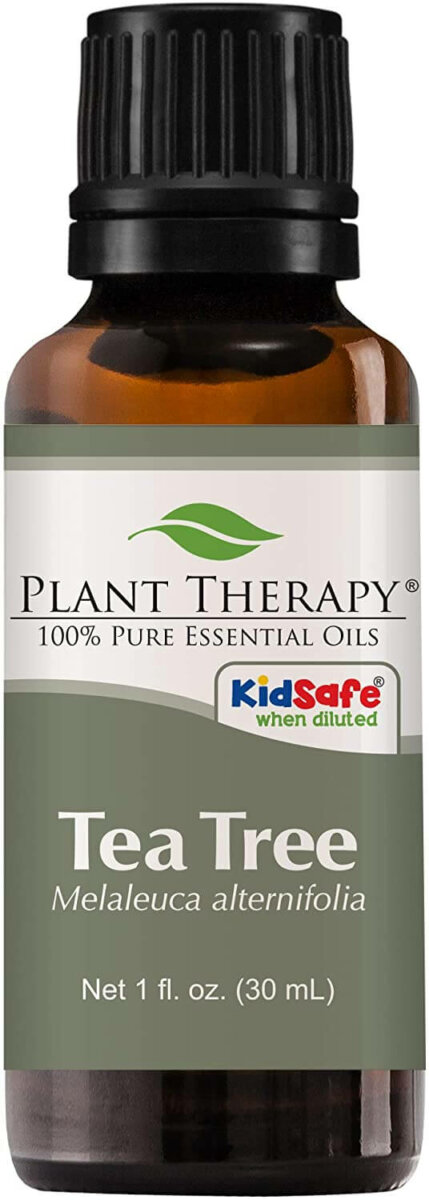
Though its most popularly praised for anti-bacterial properties, tea tree oil also works well as a natural mosquito repellent. And while we’re talking about essential oils, lavender oil and a blend of lemon eucalyptus oils are effective, too.
References
- Sweet Basil, United States Department of Agriculture
- Mosquito Repellent Plant Guide, York County, Virginia
- Sweet Basil, The University of Illinois Extension
- Citronella, United States Department of Environmental Protection
- Failure of the “mosquito plant”, United States Library of Medicine
- CDC’s Guide to Preventing Tick and Mosquito Bites, Center for Disease Control




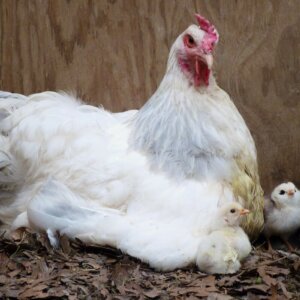







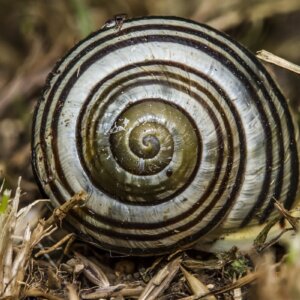
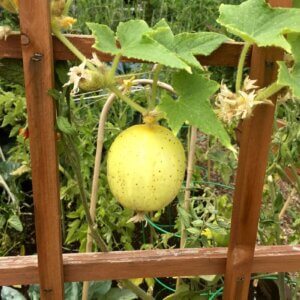

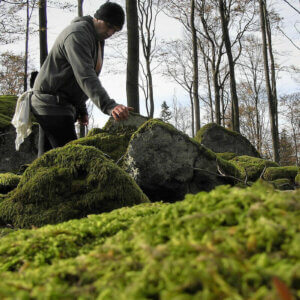



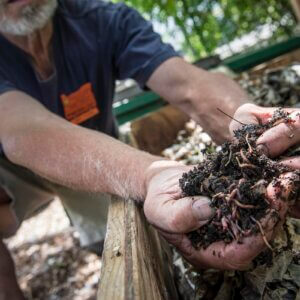

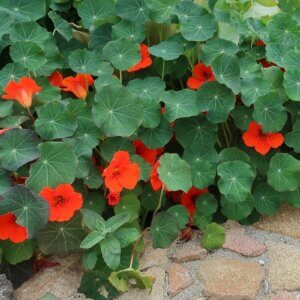





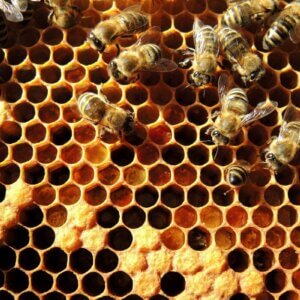




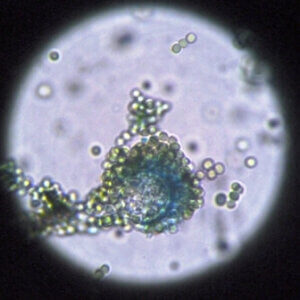


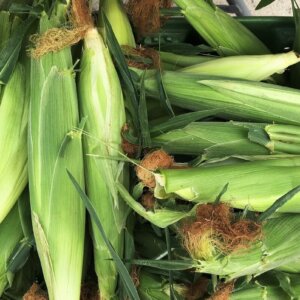






Leave a Reply